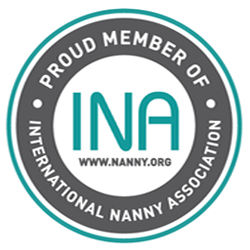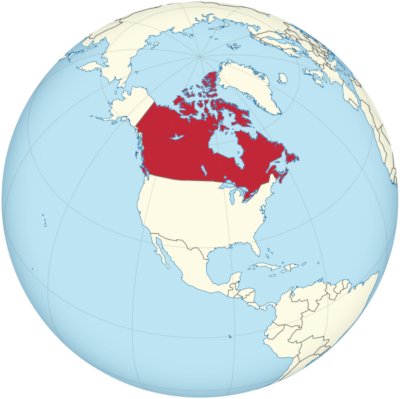served MORE THAN:
200+
Nannies
1000+
Children
500+
Parents
500+
Senior Citizens
Benefits Awaited
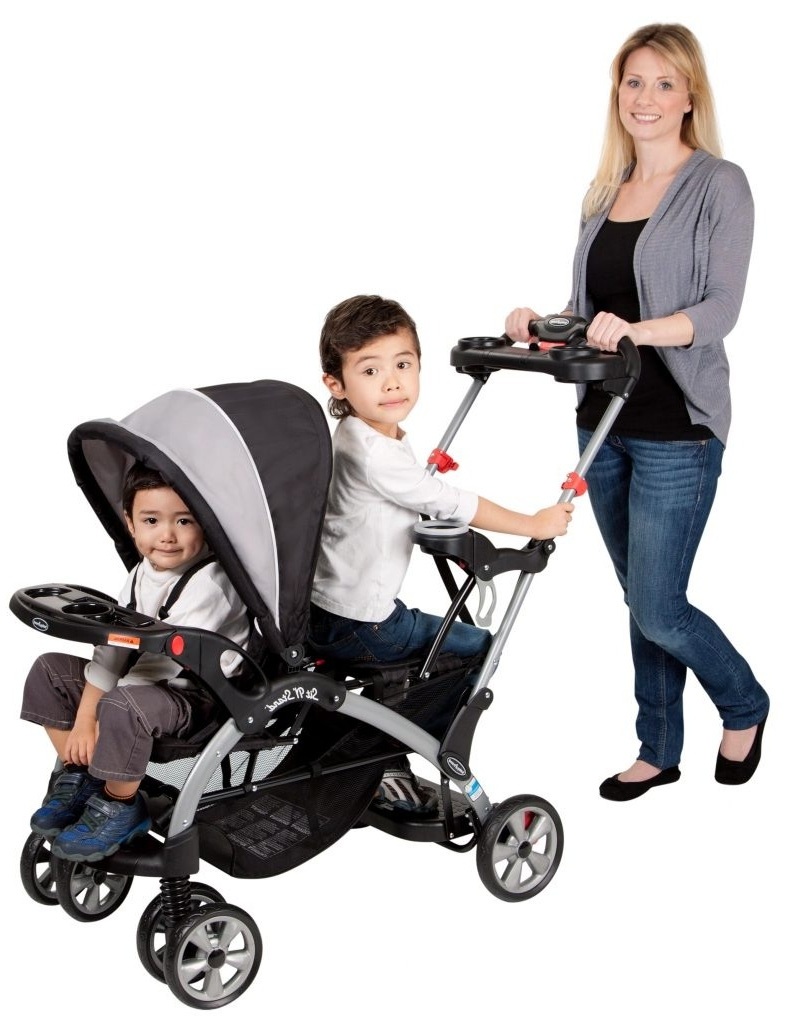
Health Insurance
Paid Sick Leaves
Dental Insurance
Vision Insurance
Retirement Benefits.
Meals at Home.
FREQUENTLY ASKED QUESTIONS
How many types of Caregivers are there in Canada?
There are 2 types of Caregivers:
- Home child care provider (Nanny)
- Home support worker
How do I find caregiver jobs in Canada?
You may find caregiver jobs in Canada from www.jobbank.gc.ca or from ca.indeed.com
What is Home child care provider?
Home child care providers care for children on an ongoing or short-term basis. They care for the well-being and physical and social development of children, assist parents with child care and may assist with household duties. They provide care primarily in their own homes or in the children’s homes, where they may also reside. They are employed by private households and child-care agencies, or they may be self-employed. Foster parents are included in this unit group.
Example Titles
- babysitter
- child care provider – private home
- live-in caregiver, child care
- nanny
- parent’s helper
Home child care providers perform some or all of the following duties:
- Supervise and care for children in employer’s or own residence
- Bathe, dress and feed infants and children
- Prepare formulas and change diapers for infants
- Plan, prepare and serve meals for children and may perform other housekeeping duties
- Oversee children’s activities, such as meals and rest periods, as instructed by employer
- Maintain a safe and healthy environment in the home
- Instruct children in personal hygiene
- Tend to the emotional well-being of children and support their social development
- Discipline children according to the methods requested by the parents
- Organize and participate in activities such as games, crafts, reading and outings
- Take children to and from school and appointments
- May be required to keep records of daily activities and health information regarding each child.
Foster parents perform some or all of the following duties:
- Care for foster children, usually on an emergency or temporary basis, as a primary guardian under general direction of foster parent agency
- Consult foster parent agency supervisors for advice and when problems arise
- Administer foster care programs for foster children, as directed by foster parent agency social workers.
- Employment requirements
- Completion of secondary school may be required.
- Home child care providers, parent’s helpers and foster parents may require completion of a training program in child care or a related field.
- Child care or household management experience may be required.
- Demonstrated ability to perform work is usually required.
- First aid certification and CPR (cardiopulmonary resuscitation) training may be required.
What is Home support worker?
Home support workers provide personal care and companionship for senior citizens, persons with disabilities and convalescent clients. Care is provided within the client’s residence, in which the home support worker may also reside. They are employed by home care and support agencies, private households, or they may be self-employed. Housekeepers perform housekeeping and other home management duties in private households and other non-institutional, residential settings.
Example Titles
- attendant for persons with disabilities – home care
- family caregiver
- home support
- housekeeper
- live-in caregiver – seniors
- personal aide – home support
- personal care attendant – home care
- respite worker – home support
Home support workers perform some or all of the following duties:
- Provide care and companionship for individuals and families during periods of incapacitation, convalescence or family disruption
- Administer bedside and personal care to clients such as aid in ambulation, bathing, personal hygiene, and dressing and undressing
- Plan and prepare meals and special diets, and feed or assist in feeding clients
- May perform routine health-related duties such as changing non-sterile dressings, assisting in the administration of medications and collecting specimens under the general direction of home care agency supervisor or nurse
- May perform routine housekeeping duties such as laundry, washing dishes and making beds.
Housekeepers perform some or all of the following duties:
- Perform housekeeping and other home management duties under general direction of employer
- Plan and prepare meals independently or with employer, and may serve meals
- May care for children.
- Employment requirements
- Some secondary school education is usually required.
- Home management experience may be required.
- College or other courses in home support may be required.
- First aid certification may be required.
- Completion of a training program in care of the elderly, care of persons with disabilities, convalescent care or in a related field may be required.
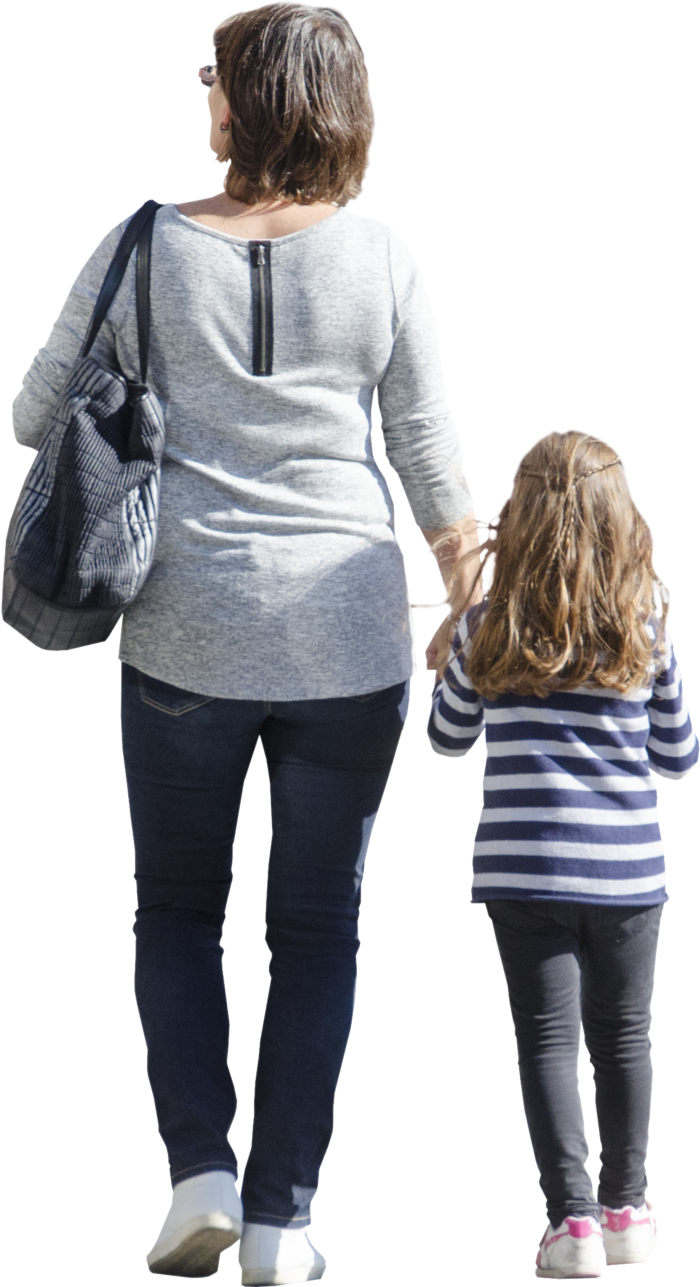
- The aspirants should have good friendly nature as they have to deal with different types of characters as welcoming children and parents in the morning and settling the children to various play activities such as painting, drawing, toys, sand and water play, etc.
- They should also know about organizing and leading group activities such as singing, music, mime, role-play, number and word games, baking; and other activity areas like drawing my house, going shopping, making birthday cards and helping the children to understand and complete their tasks.
- They should be good in behave like talking to and interacting with the children, keeping a watchful eye on the children’s behavior, encouraging shy children to participate and maintaining discipline.
- The aspirants should have good hygiene, discipline and be good listeners.
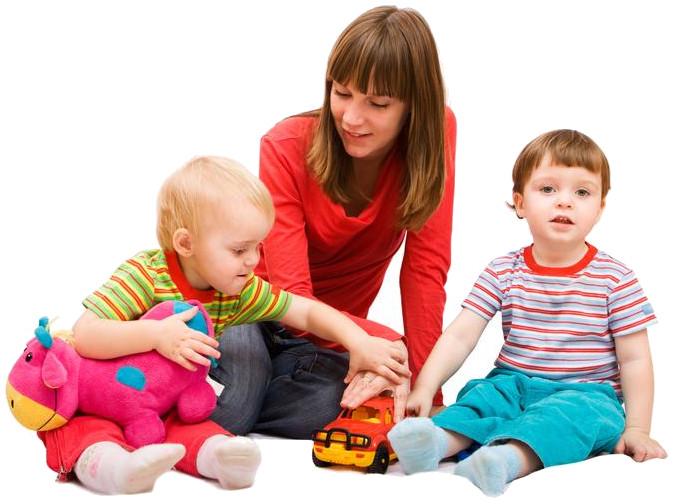
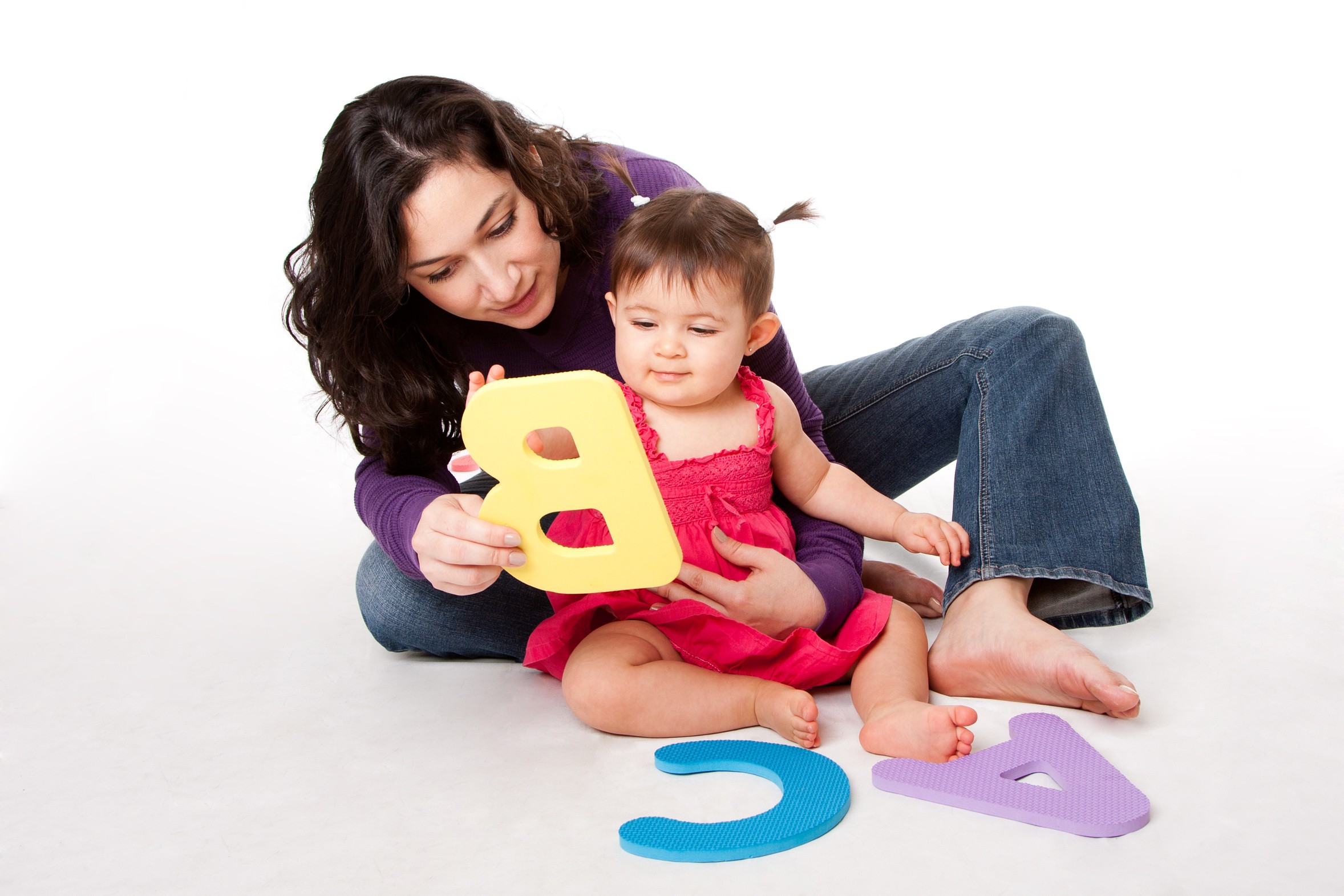
- Minimum Age : 18 years
- Minimum Education Qualification: 10+2+1
- An employment contract with your employer
- Necessary skills to do the job
- Completion of the upfront medical examination
- Good communication in French or English (minimum CLB 5)
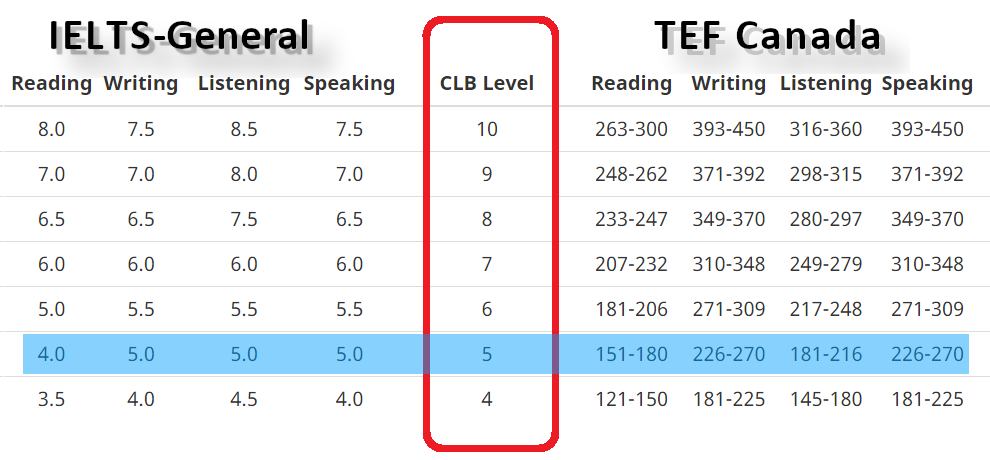
Launching 2 new 5-year caregiver immigration pilot programs
Caregivers will soon have access to 2 new 5-year caregiver immigration pilots that will replace expiring and ineffective pilot programs. The new pilots will allow caregivers to come to Canada together with their family and provide a pathway to permanent residence. Caregivers will also soon have greater flexibility to change jobs quickly, and barriers that prevent family members from accompanying caregivers to Canada will be removed, as stated by Immigration, Refugees and Citizenship Minister of Canada – Ahmed Hussen . Under the new pilots, applicants will be assessed for permanent residence criteria before they begin working in Canada. Once the caregiver has their work permit and 2 years of work experience, they will have access to a direct pathway to become a permanent resident.
These pilot programs will replace the Caring for Children and Caring for People with High Medical Needs pilots and include:
- Occupation-specific work permits for caregivers, providing the ability to change jobs quickly when necessary.
- Open work permits for spouses/common-law partners and study permits for dependent children, to allow the caregiver’s family to accompany them to Canada.
The Government of Canada continues to be committed to family reunification and eliminating backlogs across all immigration streams. In 2017, the Government committed to eliminating 80% of the caregiver backlog and reducing the processing time from its peak of more than 60 months. To date, the Government has reduced 94% of the backlog and reduced the processing time to 12 months.
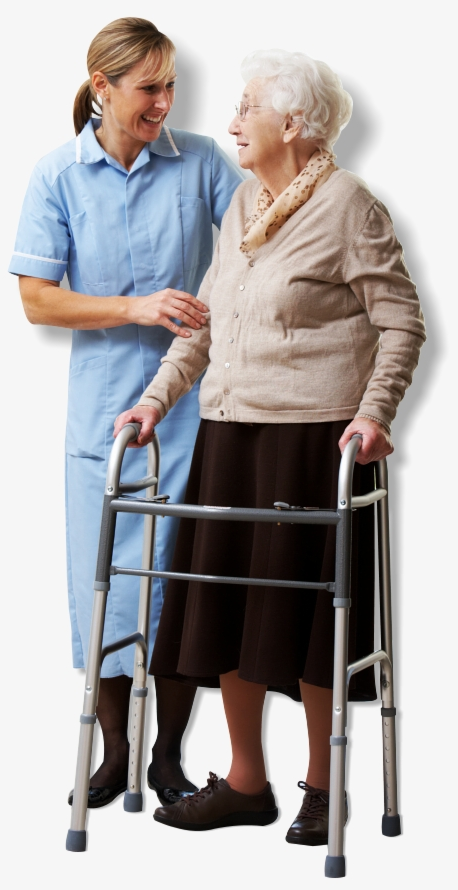
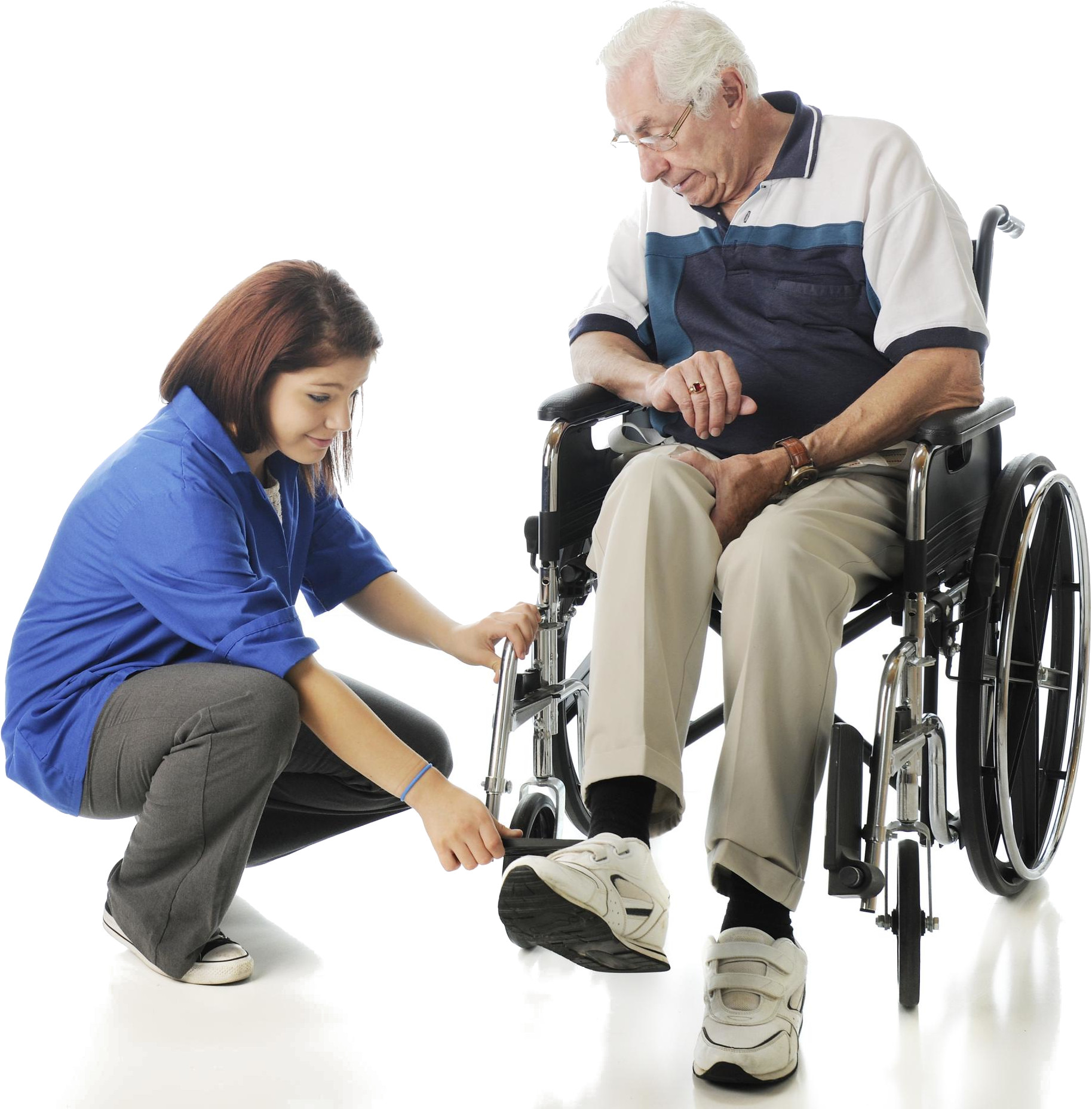
QUICK FACTS
- In October 2017, there were about 9,000 cases, representing 24,000 caregivers and their family members, in the Live-in Caregiver Program (LCP) backlog. As of February 2019, there are now only 495 cases left to be processed, representing 2,655 people in all, a reduction of 94 percent.
- The processing time for new applications from those who were grandfathered into the LCP is 12 months instead of the peak of 60 months previously.
- Applications under the Caring for Children and Caring for People with High Medical Needs pilots continue to be processed in 6 months or less.
- Both the Home Child Care Provider Pilot and the Home Support Worker Pilot will be launched later and have a maximum of 2,750 principal applicants each, for a total of 5,500 principal applicants, per year. Spouses/common-law partners and dependent children will not be counted against the limit
Home Support Worker
Child Caregiver Nanny
Creche Coordinator
Nursery Assistant
Get an Appointment


